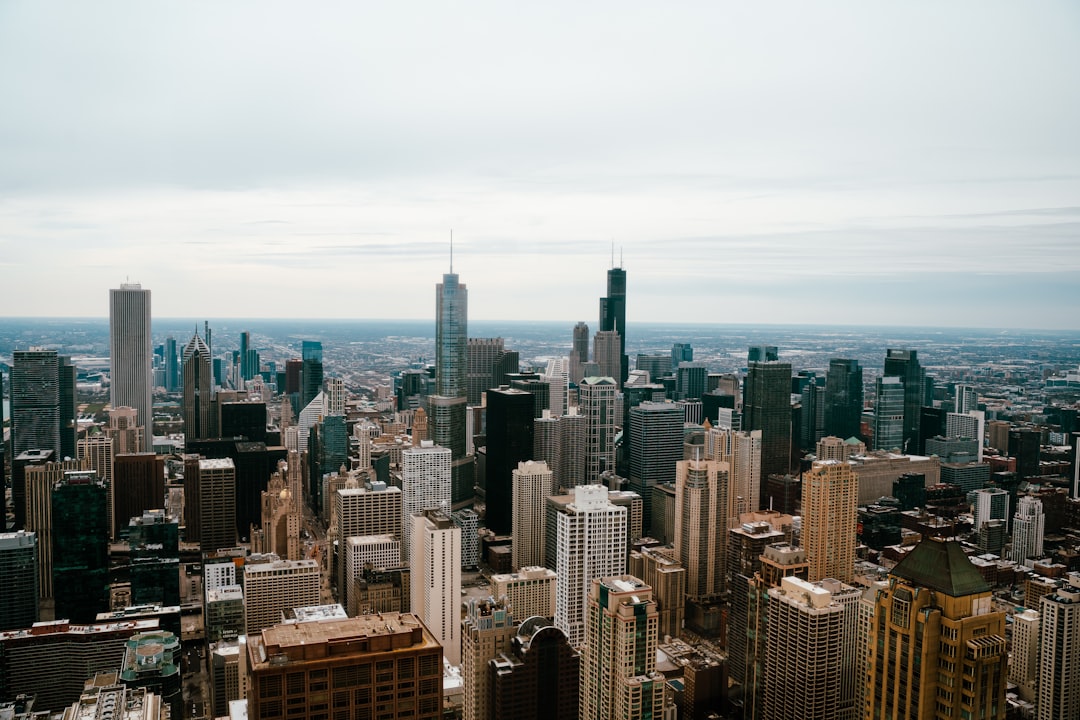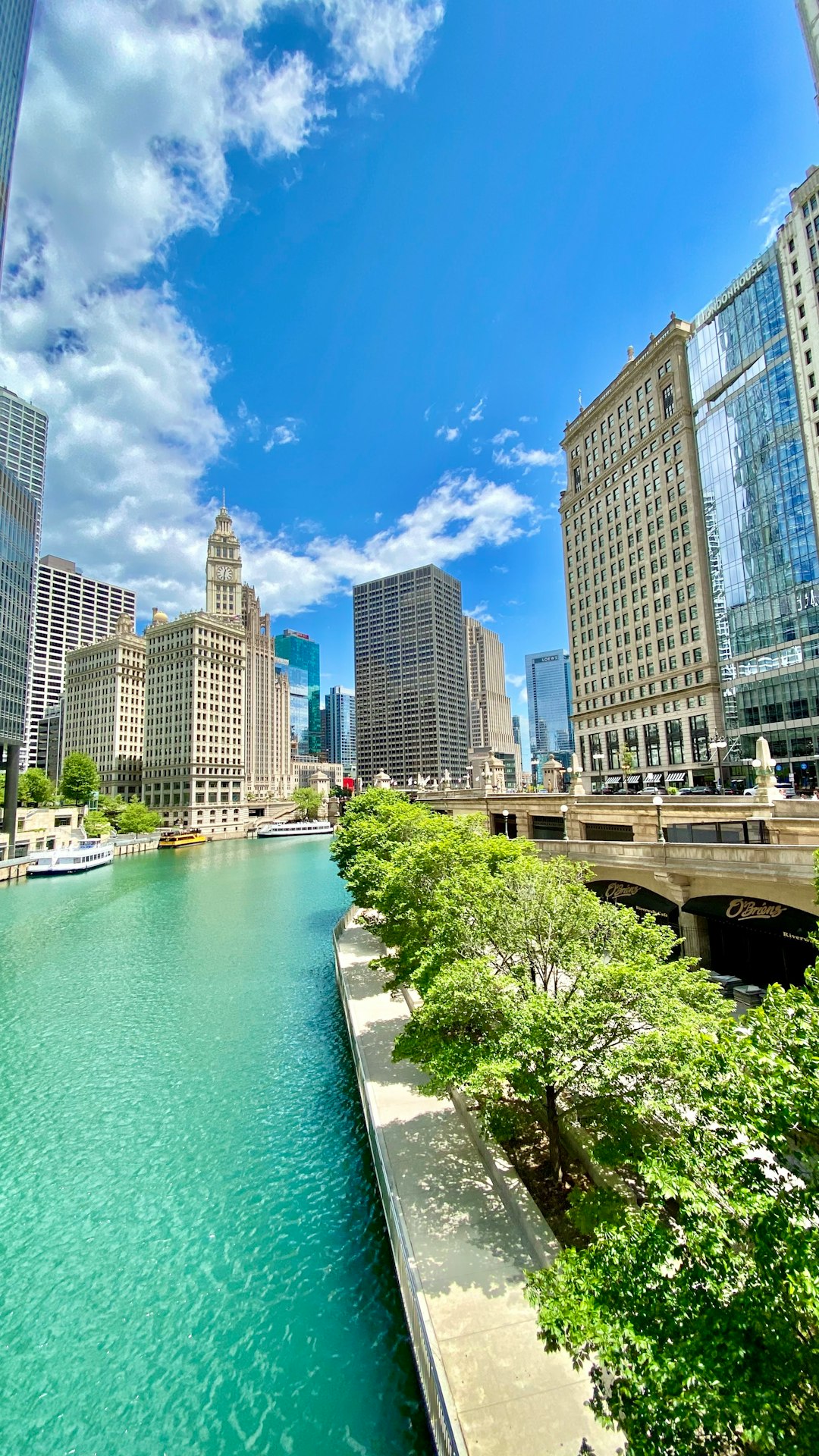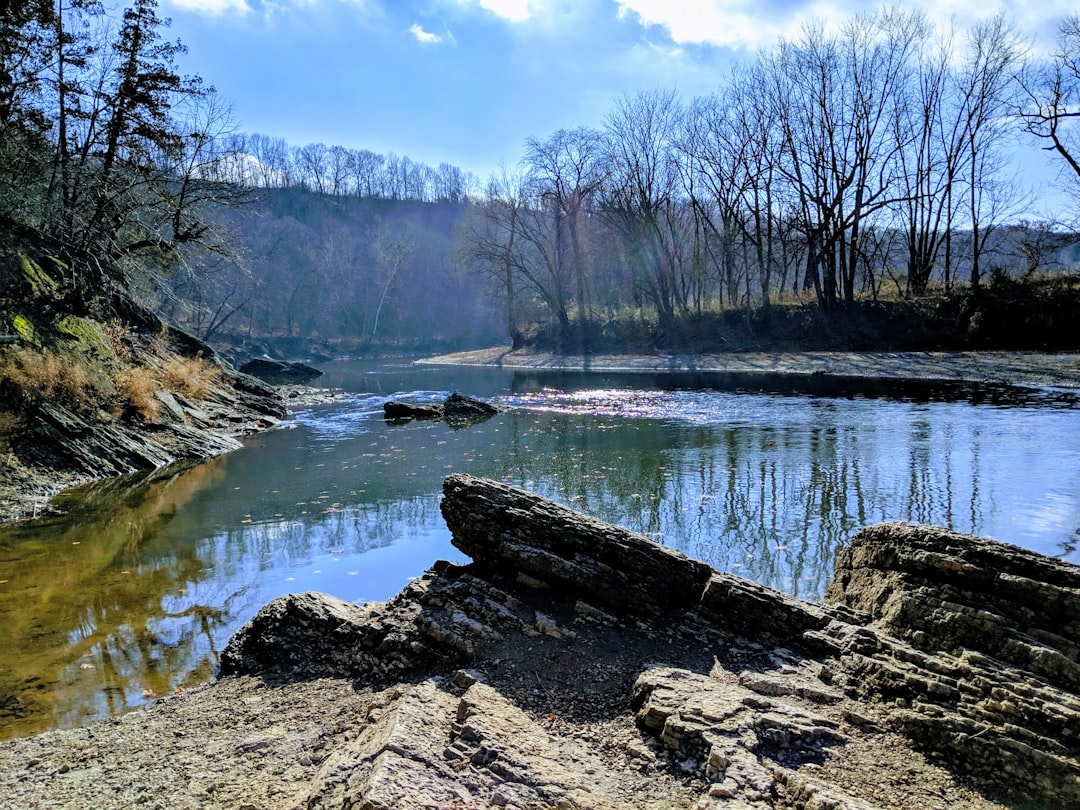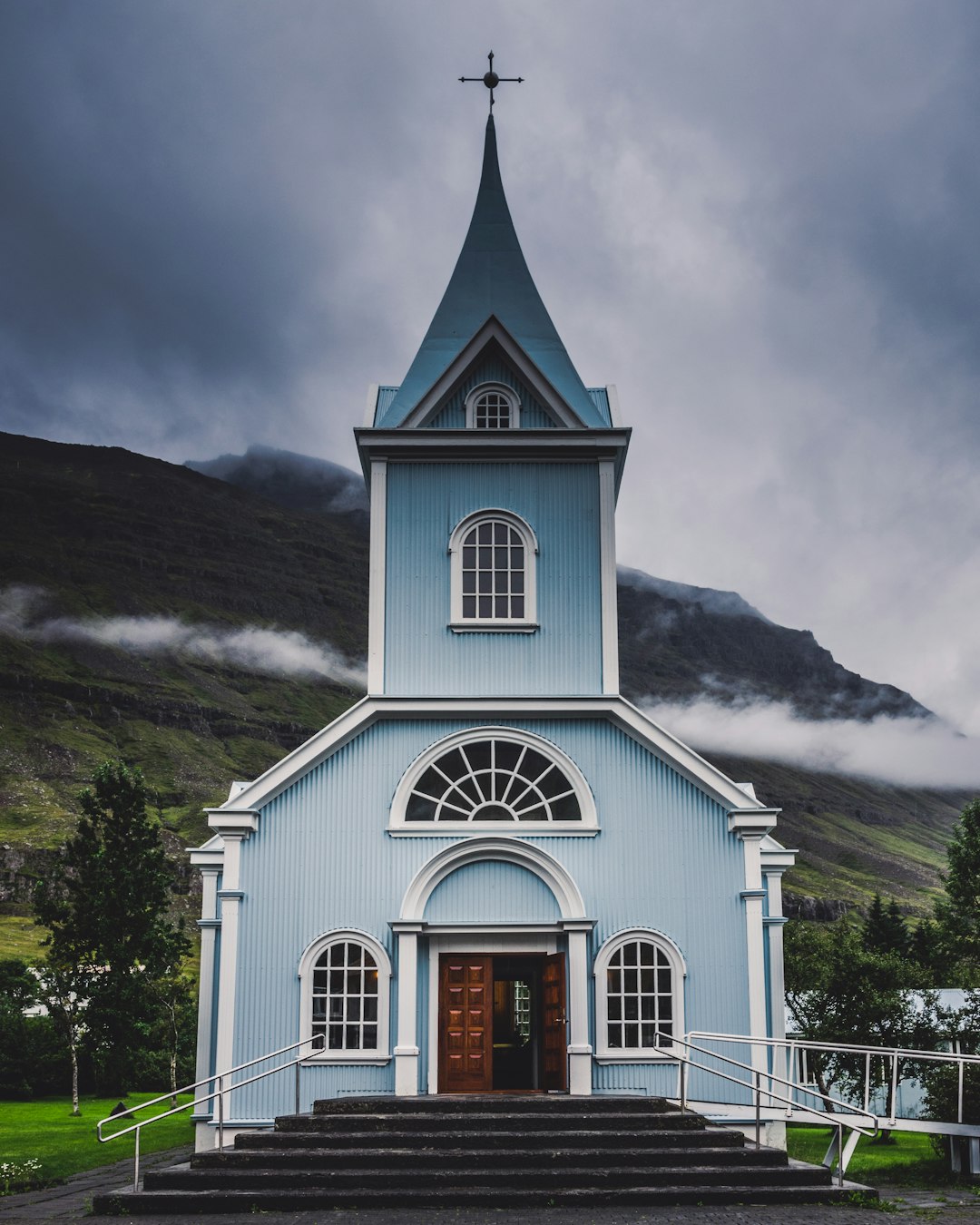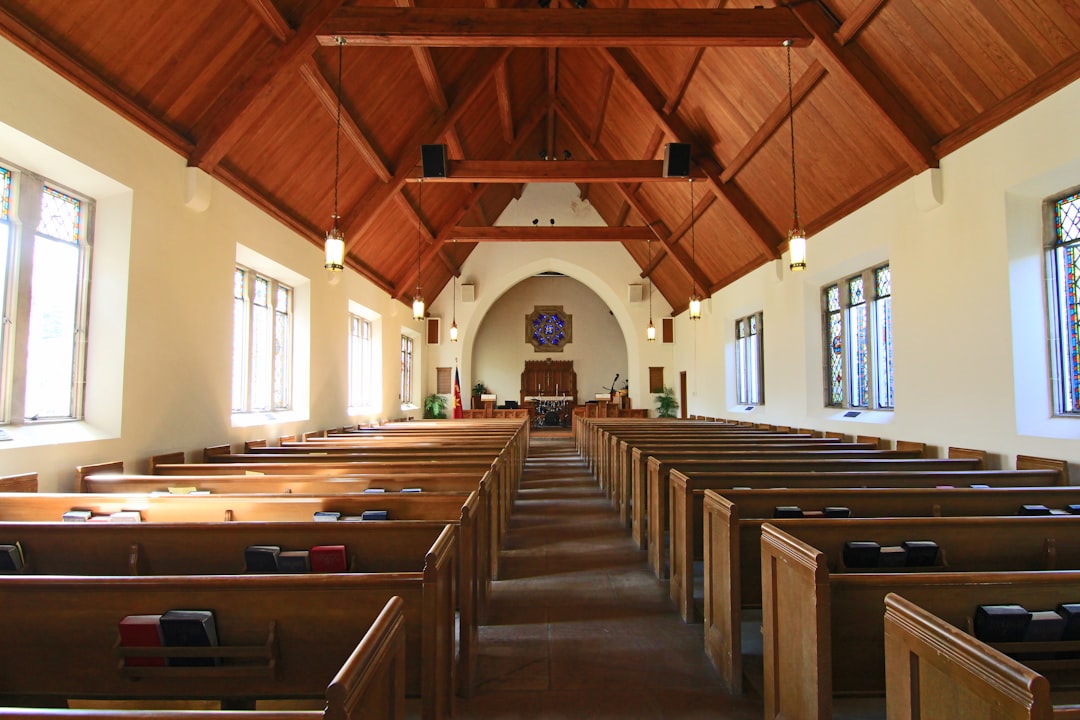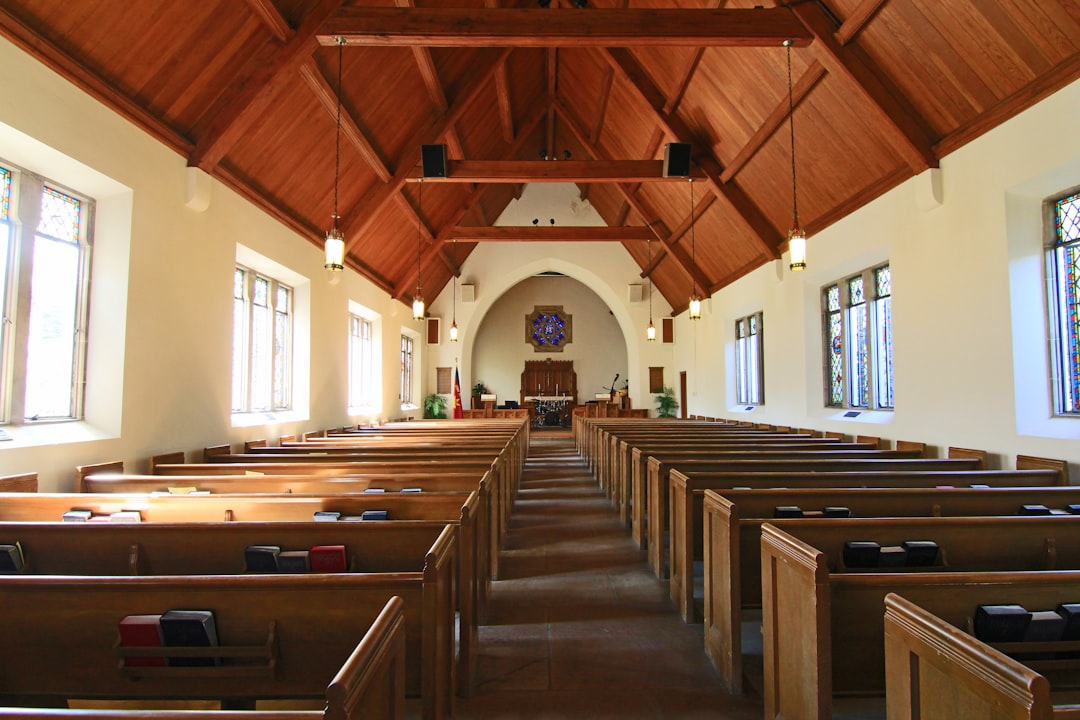In Illinois, understanding and addressing systemic failures within religious institutions is crucial to combat clerical abuse, with numerous documented cases of clergy sexual assault. Specialized clergy abuse lawyers or attorneys in IL are vital for guiding survivors through complex legal processes, advocating for justice, and representing them against institutions. Despite advancements in protection, the legal landscape remains complex with loopholes, making it challenging for survivors to seek justice due to vague definitions and confidential clauses. Emotional and psychological impacts on survivors are profound, leading to barriers in reporting and accessing justice. High-profile cases have exposed systemic failures, prompting policy changes, but continuous vigilance is needed. Survivors can access resources like counseling, hotlines, and peer support groups, as well as legal options through clergy abuse lawyers and attorneys who protect their rights. Long-term strategies include community education, training for leaders, accessible reporting mechanisms, and programs to educate about consent and signs of abuse, aiming to eradicate such abuses within religious communities.
Illinois faces a profound challenge in addressing systemic failures that enable clerical sexual abuse. This article delves into the complex web of institutions, laws, and survivor experiences, exploring how systemic issues facilitate clergy abuse. We analyze current legal landscapes and loopholes in Illinois, highlighting the need for reform. From emotional consequences to barriers to justice, we examine the impact on survivors and propose strategies, including policy changes, training, and support resources for victims. Understanding these failures is crucial for empowering survivors and preventing future assaults. Connect with a clergy abuse lawyer in Illinois today to explore legal options and seek justice.
- Understanding Systemic Failures: The Role of Institutions in Clerical Abuse
- Legal Landscape: Current Laws and Loopholes in Illinois Regarding Clergy Abuse
- The Impact on Survivors: Emotional and Psychological Consequences
- Challenges Facing Victims: Barriers to Reporting and Justice
- Case Studies: Notable Clergy Abuse Cases in Illinois
- Strategies for Change: Reforming Policies and Training for Religious Organizations
- Supporting Survivors: Resources, Therapy, and Legal Options Available
- Future Prevention: Long-term Solutions and Community Awareness
Understanding Systemic Failures: The Role of Institutions in Clerical Abuse
Understanding systemic failures in institutions is crucial when addressing clerical abuse, a pervasive issue with devastating consequences. In Illinois, where numerous cases of clergy sexual assault have been documented, the role of legal professionals specializing in this field becomes pivotal. A clergy abuse lawyer or attorney in IL can guide survivors through complex legal processes and advocate for justice.
Institutions, including religious organizations, often possess policies and procedures that, when implemented incorrectly or with gaps, enable abusers to exploit their positions of power. These systemic failures may include inadequate background checks, poor risk management, or a culture of secrecy, all of which contribute to the continuation of clerical abuse. Illinois-based clergy abuse law firms are equipped to investigate these issues, hold institutions accountable, and provide legal representation for survivors seeking redress.
Legal Landscape: Current Laws and Loopholes in Illinois Regarding Clergy Abuse
In Illinois, the legal landscape surrounding clergy abuse is complex, with a mix of stringent laws and notable loopholes. While the state has made strides in protecting survivors of sexual assault, including within religious institutions, certain gaps remain. For instance, some forms of clerical conduct that may constitute abuse are not explicitly addressed by current legislation, leaving room for interpretation and potential exploitation. This is particularly concerning given the power dynamics at play between clergy members and their congregations.
The absence of clear legal definitions and penalties for specific types of clergy abuse can create challenges for survivors seeking justice. Many cases involve complex evidence and emotional testimonies, which can be daunting for victims deciding to come forward. Additionally, some loopholes may allow abusers to avoid prosecution or civil liability due to the sensitive nature of church affairs and the existence of confidential clauses in religious documents. As such, there is an urgent need for Illinois to strengthen its clergy abuse laws, ensuring comprehensive protection for survivors and holding perpetrators accountable. This requires collaboration between legal experts, survivors’ advocates, and policymakers to close these gaps and provide a safer environment for all individuals within religious communities.
The Impact on Survivors: Emotional and Psychological Consequences
The emotional and psychological impact on survivors of clergy abuse is profound and long-lasting. Victims often experience severe trauma, including anxiety, depression, post-traumatic stress disorder (PTSD), and low self-esteem. The abuse they suffered, often within a trusted religious community, can lead to feelings of betrayal, isolation, and shame. Many survivors struggle with trust issues, finding it difficult to confide in others or form meaningful relationships. The effects of clergy sexual assault extend beyond the individual, impacting their ability to participate in religious activities or maintain faith, which was perhaps a central part of their lives.
Survivors may face internalized guilt and blame, believing that they somehow contributed to the abuse. This can create a cycle of silence, where victims hesitate to speak out due to fear of judgment or disbelief. It is crucial for survivors to have access to specialized support services and legal representation, such as clergy abuse lawyers in Illinois, who can help them navigate the complexities of seeking justice and healing. With the right support, survivors can begin to process their experiences, regain a sense of control, and work towards rebuilding their lives.
Challenges Facing Victims: Barriers to Reporting and Justice
Challenges Facing Victims: Barriers to Reporting and Justice
Many survivors of clergy sexual assault in Illinois face significant challenges when it comes to seeking justice. One of the primary obstacles is the fear of retaliation or stigma, especially within close-knit communities. This can deter victims from coming forward, as they may worry about the potential consequences on their relationships and social standing. Additionally, religious institutions often have strict confidentiality policies, making it difficult for survivors to disclose their experiences without facing legal repercussions themselves.
The complex nature of these cases also adds complexity. Survivors might struggle to remember specific details due to trauma, which can weaken their claims. Furthermore, the power dynamics between clergy members and their congregation create an imbalance, often leaving victims feeling vulnerable and hesitant to pursue legal action. With these barriers in place, it’s crucial for survivors to connect with experienced clergy abuse lawyers in Illinois who can guide them through the legal process and help ensure their voices are heard.
Case Studies: Notable Clergy Abuse Cases in Illinois
In Illinois, several high-profile cases have brought to light the pervasive issue of clergy sexual abuse. These case studies serve as stark reminders of the systemic failures that allow such heinous acts to occur within religious institutions. Over the years, many survivors have come forward to share their stories, leading to significant legal consequences for perpetrators and changes in church policies. One notable example involves a prominent priest who was accused of sexually abusing multiple juveniles over several decades. Despite initial attempts to cover up the incidents, a determined clergy abuse lawyer Illinois played a crucial role in exposing the truth and securing justice for the victims.
These cases have sparked important conversations about accountability within the clergy and the need for robust legal representation for survivors. Many families affected by clergy sexual assault are now turning to clergy abuse attorneys Illinois and law firms specializing in these cases. These professionals, equipped with extensive knowledge of the clergy abuse law firm Illinois, guide survivors through the legal process, helping them seek compensation and hold accountable those who have caused untold harm. Through such efforts, there is hope for healing and a call for continuous vigilance to prevent future instances of clergy abuse.
Strategies for Change: Reforming Policies and Training for Religious Organizations
Reforming policies and implementing comprehensive training programs are vital strategies to address systemic failures within religious organizations that have facilitated sexual abuse. In Illinois, where cases of clergy abuse have left survivors seeking justice, a multi-faceted approach is necessary. One key step is to encourage and mandate transparent policy changes. This includes establishing clear reporting procedures for alleged abuses, ensuring confidential and safe channels for victims to come forward without fear of retaliation.
Additionally, providing mandatory training sessions focused on recognizing and preventing sexual misconduct can empower religious leaders and employees. These sessions should cover topics like consent, personal boundaries, and the potential signs of abuse. By empowering individuals within these organizations, survivors of clergy sexual assault in Illinois can feel more supported and encouraged to seek help, ultimately holding perpetrators accountable and fostering a safer environment for all.
Supporting Survivors: Resources, Therapy, and Legal Options Available
Supporting Survivors in Illinois: Resources and Justice
In the face of systemic failures, survivors of clerical sexual abuse in Illinois require comprehensive support to heal and seek justice. Many organizations offer vital resources for those affected, including counseling services, hotlines, and support groups tailored to their unique experiences. Accessing these services is a crucial step towards recovery, providing a safe space to share stories and connect with peers who understand the complexities of clerical abuse.
Legal options are also available for survivors seeking accountability and closure. Clergy abuse lawyers in Illinois specialize in handling such cases, offering guidance through the legal process. These attorneys can help navigate complex laws, ensuring survivors’ rights are protected. Whether it’s pursuing civil litigation or reporting crimes to relevant authorities, survivors have options to hold perpetrators accountable and create a safer environment for future generations.
Future Prevention: Long-term Solutions and Community Awareness
To prevent systemic failures that enable sexual abuse within institutions like churches or religious organizations, Illinois needs long-term solutions focused on community awareness and education. This starts with training and guidelines for clergy and organizational leaders to recognize and report suspected abuse, as well as implementing robust reporting mechanisms that are easily accessible to all members. Community programs should also be established to educate both children and adults about consent, personal boundaries, and the signs of potential abuse.
Survivors of clergy sexual assault in Illinois can find support through specialized law firms that focus on these cases. A clergy abuse lawyer or attorney in IL can help survivors navigate legal options, ensure their rights are protected, and pursue justice against perpetrators and institutions responsible for the harm. By combining community education with robust legal support, Illinois can work towards eradicating systemic failures that enable sexual abuse within religious communities.
